Cost of living squeeze may be 'overblown'
Bills index compiled by Money Saving Expert suggests core costs are rising in line with wages
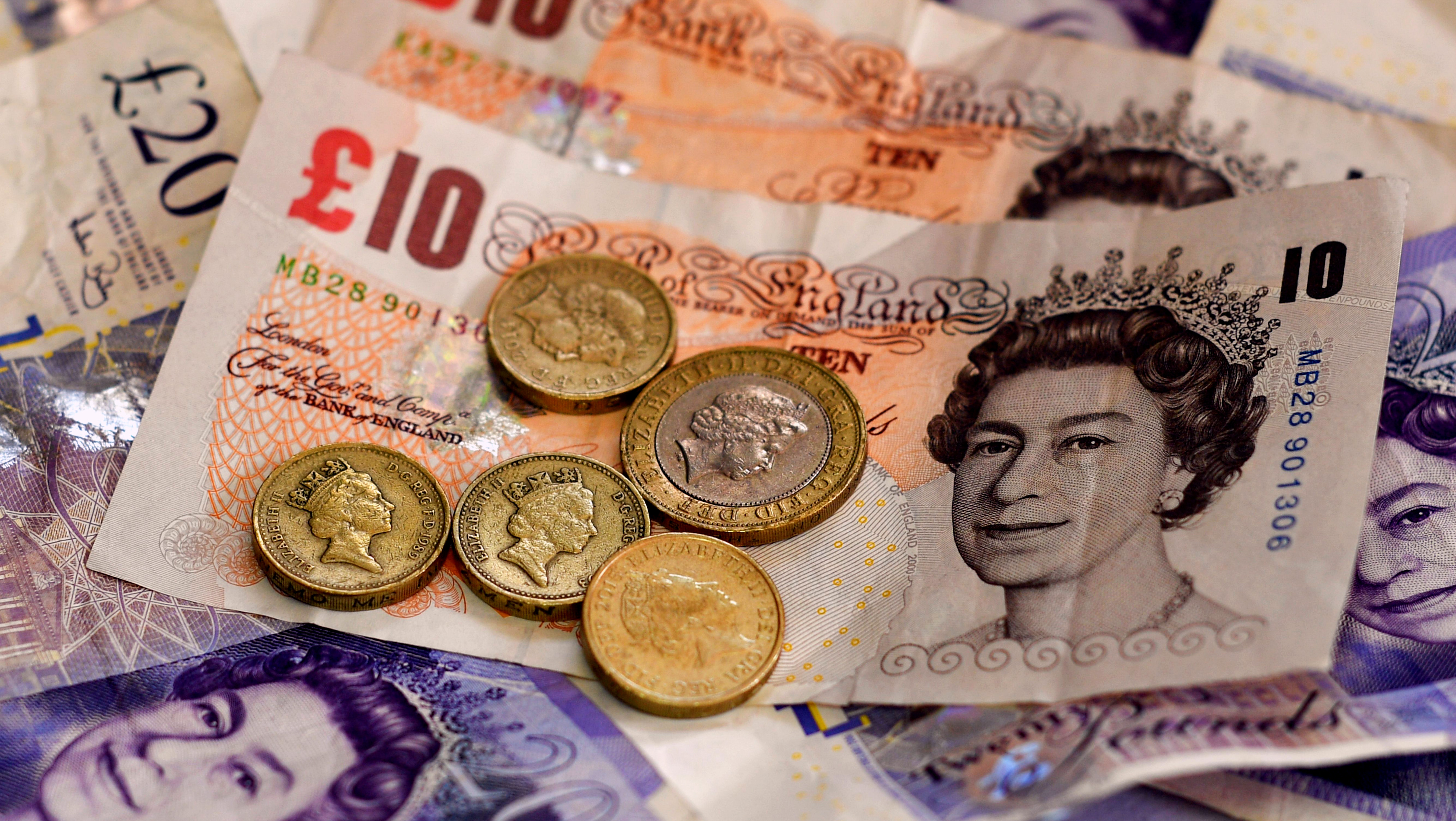
UK family finances suffer worst squeeze for five years
7 July
British families are having their finances squeezed more than any time in the past half decade.
Real household disposable income per head suffered its steepest fall since the end of 2011, dropping two per cent over the three months to the end of March, mostly thanks to "increasing prices of goods and services", says the Office for National Statistics (ONS).
The Week
Escape your echo chamber. Get the facts behind the news, plus analysis from multiple perspectives.

Sign up for The Week's Free Newsletters
From our morning news briefing to a weekly Good News Newsletter, get the best of The Week delivered directly to your inbox.
From our morning news briefing to a weekly Good News Newsletter, get the best of The Week delivered directly to your inbox.
Inflation hit an annual rate of 2.3 per cent in March and reached 2.9 per cent by May, with the slump in the pound pushing up the cost of imports and consumer prices.
With wages growing at a slower rate, "real" wages once the devaluing impact of inflation is taken into account are in decline and consumers' spending power is being eroded.
However, disposable income had been recovering since inflation dropped near to zero back in 2014 and disposable income is still more than three per cent above its pre-financial crash peak, says The Times.
ONS findings on consumer confidence also revealed the UK is less negative about the wider economy than previously and that people are more optimistic on their own finances.
A free daily email with the biggest news stories of the day – and the best features from TheWeek.com
"The report will add fuel to the debate over how content households are to dip into savings or to borrow in order to keep spending at the same pace," says The Guardian.
Figures from the Trades Union Congress show UK households now hold almost as much debt as they did before the financial crash in 2008.
Laith Khalaf, senior analyst at the financial firm Hargreaves Lansdown, said: "The pressure is ratcheting up on UK households, but consumers don’t seem to be fully aware of the crunch that is under way.
"Despite weak wage growth and rising prices, consumers are continuing to spend by racking up more debt. That, of course, helps keep the wheels of the economy turning, but stores up problems for the future."
UK real wages rising at slowest level for three years
14 June
Wages are growing more slowly than thought, leaving British households facing a substantial squeeze in living standards, according to official data published today.
Average earnings once bonuses were excluded grew 1.7 per cent in the three months between February and April compared to the same period last year, said the Office for National Statistics (ONS).
Annual inflation jumped to 2.7 per cent last month, meaning real wages, once consumer price rises are taken into account, fell by 0.6 per cent.
Including bonuses, pay rose at a slightly faster 2.1 per cent, although that is still below the rate of inflation and translates to a fall in real wages of 0.4 per cent.
According to the ONS, it was the biggest fall for both since the third quarter of 2014. Analysts had predicted a rate of two per cent or less for average earnings growth.
Official figures yesterday also revealed inflation hit 2.9 per cent in May, suggesting the squeeze is only getting worse as a result of the post-Brexit vote slump in the pound.
Societe Generale analyst Kit Juckes wrote on Twitter that real earnings were "taking a thumping".
He also suggested this could be partially explained by yesterday's employment figures showing more people in work than at any point since 1971 - his argument being that low-wage employment is reducing productivity.
Almost 75 per cent of working age people are in employment, the joint-highest number since records began 46 years ago, while 4.6 per cent of people looking for work are unemployed, the joint-lowest rate since 1975.
"There were 1.53 million unemployed people between February and April," the BBC says. "That's 50,000 fewer than for November 2016 to January 2017 and 145,000 fewer than for a year earlier."
Inflation hits four-year high - and will keep rising
13 June
Britons are facing a prolonged hit to their spending power after inflation rose to a four-year high last month and analysts predict further increases to come.
Consumer prices in May rose by an average of 2.9 per cent year-on-year, up from an annual growth rate of 2.7 per cent the previous, says the Office for National Statistics. That's the fastest rate since June 2013 and is already well above the Bank of England's target of two per cent for the year.
At the same time, annual wage growth was below two per cent last month and earning figures due tomorrow are widely expected to be at a similar rate, The Guardian says.
When inflation runs above wage growth, money loses value faster than the average person's pay packet rises, giving them less disposable income to spend.
Given the reliance on the services sector in the UK, this also has profound implications for economic growth.
Foreign holidays and other recreational activities contributed most to the rise in prices last month, both up 0.9 per cent on the previous month, while clothing cost 0.6 per cent more and furniture and household goods saw a 1.2 per cent rise.
To a large degree, these increases can be attributed to the slump in the pound since the Brexit vote last year. Duncan Weldon, of Resolution Foundation think-tank, said input prices - that is, costs for producers - were rising at far above the rate of inflation, suggesting price rises will continue to accelerate.
That might prompt a change from the Bank of England, which, Ben Chu of The Independent reports, predicted inflation would peak this year at below its current rate.
Food inflation hits three-year high
1 June
Food prices climbed at their fastest rate in more than three years last month, according to new research, as the weak pound pushed up import prices.
The British Retail Consortium says that food inflation was 1.4 per cent in May, up from 0.9 per cent the month before. Processed food showed the biggest price increases.
In an interview with the BBC, the consortium's chief executive Helen Dickinson blamed the pound – which has fallen by about 15 per cent since the Brexit vote last June – for increasing costs to businesses that import goods into the UK.
She suggested retailers were still shielding consumers from the worst effects.
"The weaker pound has already started feeding through into food prices, although food price inflation this month is still well below the input cost price increases being faced by retailers," she said.
Kantar Worldpanel says food price inflation has already begun to hit shoppers' pockets, with the average household spending an additional £27 on shopping in the 12 weeks to May.
"That may not seem like much," says Chris Hayward, a consumer specialist, "but if inflation continues at its current rate, over the course of a year that would mean an extra £119 spent on groceries per household."
The rate of inflation rose to 2.7 per cent in April, its lowest level for three-and-a-half years and well above the level of wage growth. This means households' real income is in decline.
Rising inflation has been a boon for the discount supermarkets Aldi and Lidl, whose combined sales have risen by almost 20 per cent over the past three months, compared to the same period last year.
-
 Quiz of The Week: 24 – 30 January
Quiz of The Week: 24 – 30 JanuaryQuiz Have you been paying attention to The Week’s news?
-
 The Week Unwrapped: Why is China clearing out its generals?
The Week Unwrapped: Why is China clearing out its generals?Podcast Plus, can the Conservatives win back the centre? And what’s gone wrong with Britain’s hearing aids?
-
 The week’s best photos
The week’s best photosIn Pictures A Viking festival, an inky fingerprint, and more
-
 How your household budget could look in 2026
How your household budget could look in 2026The Explainer The government is trying to balance the nation’s books but energy bills and the cost of food could impact your finances
-
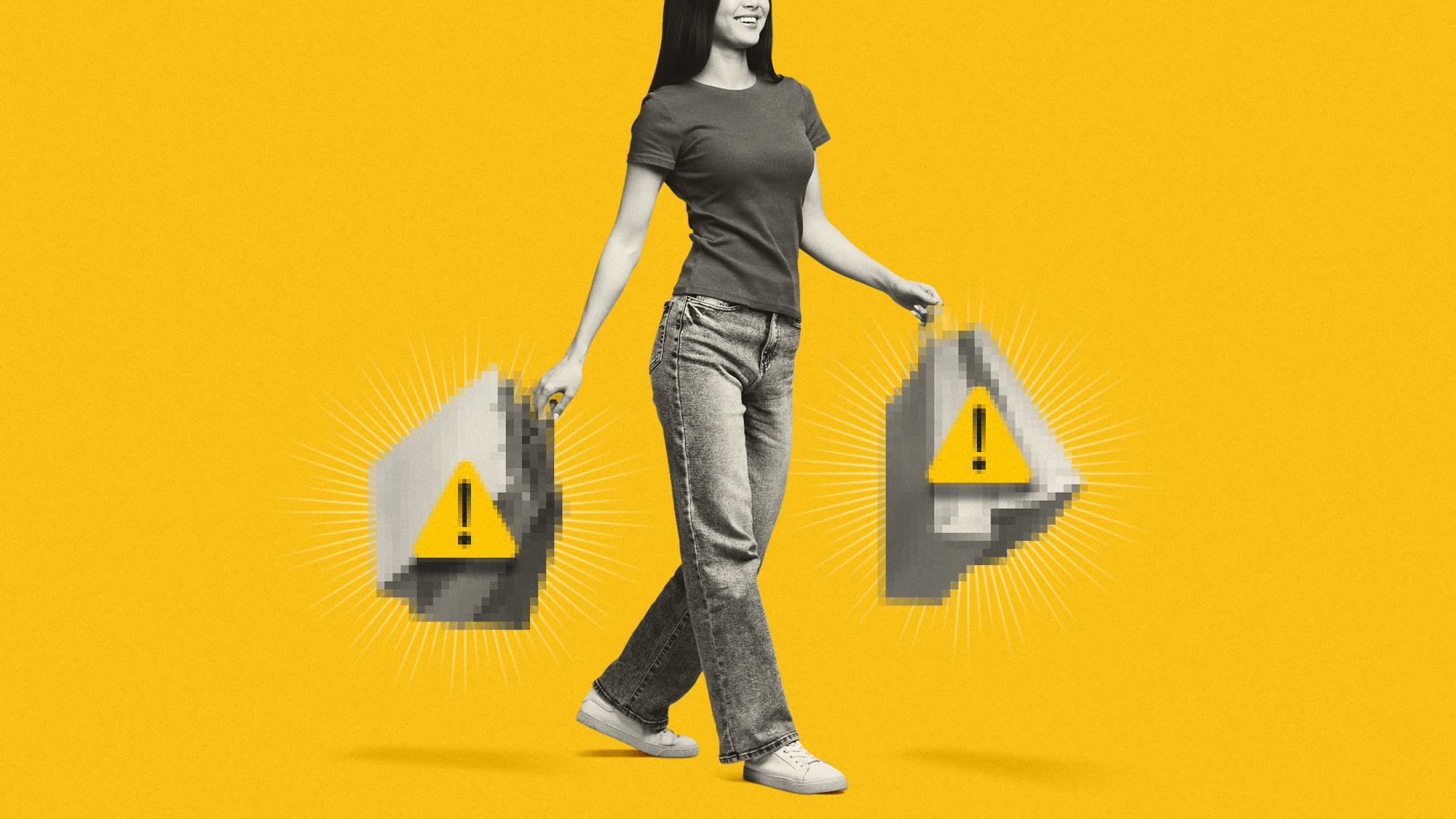 With economic uncertainty, 2025 looks to be a 'No Buy' year
With economic uncertainty, 2025 looks to be a 'No Buy' yearIn the spotlight Consumers are cutting back on splurges to combat overconsumption
-
 3 tips to lower your household bills
3 tips to lower your household billsThe Explainer Prices on everything from eggs to auto insurance to rent have increased — but there are ways to make your bills more manageable
-
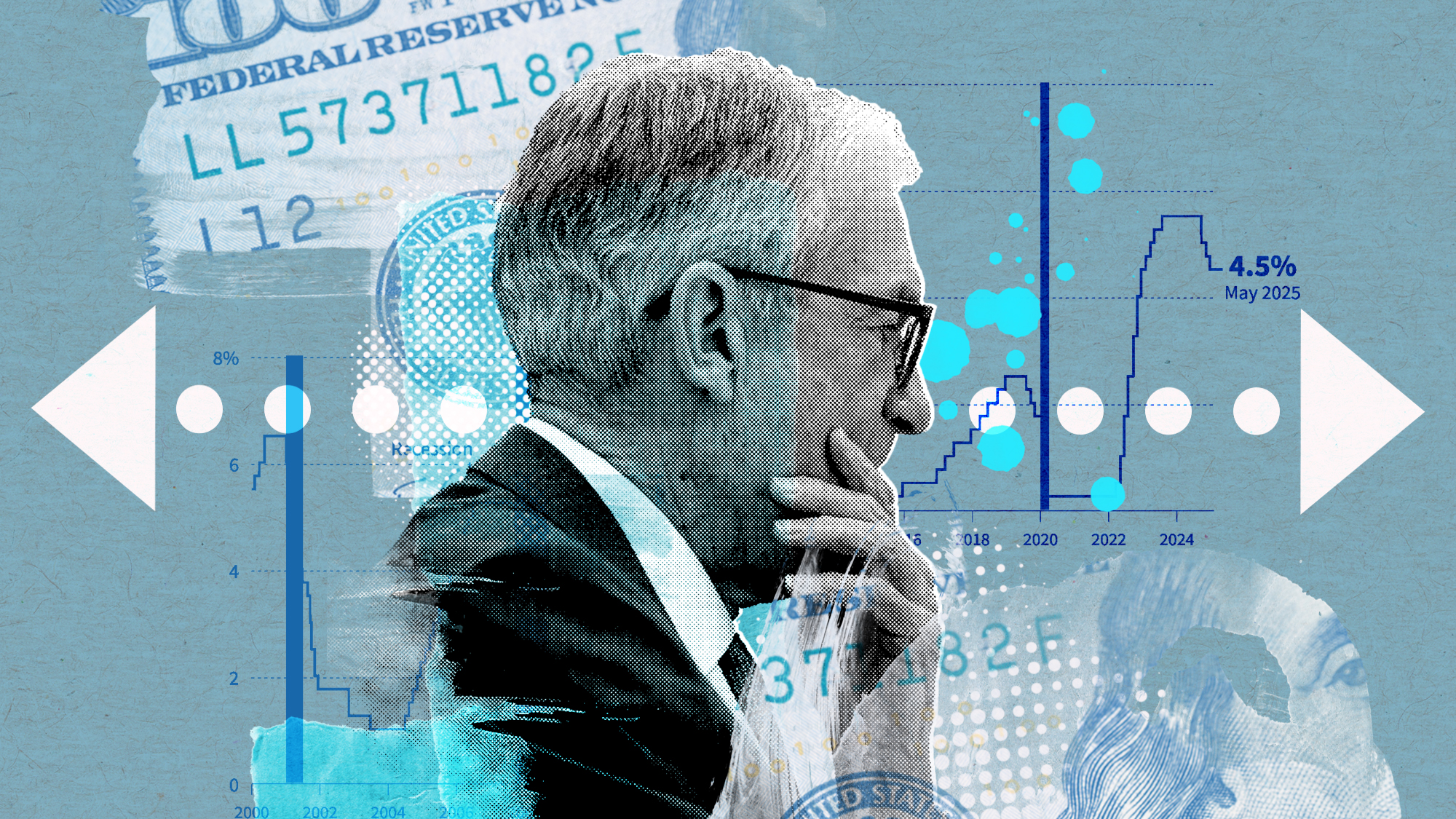 What's next for US interest rates?
What's next for US interest rates?The Explainer A pause after a series of cuts
-
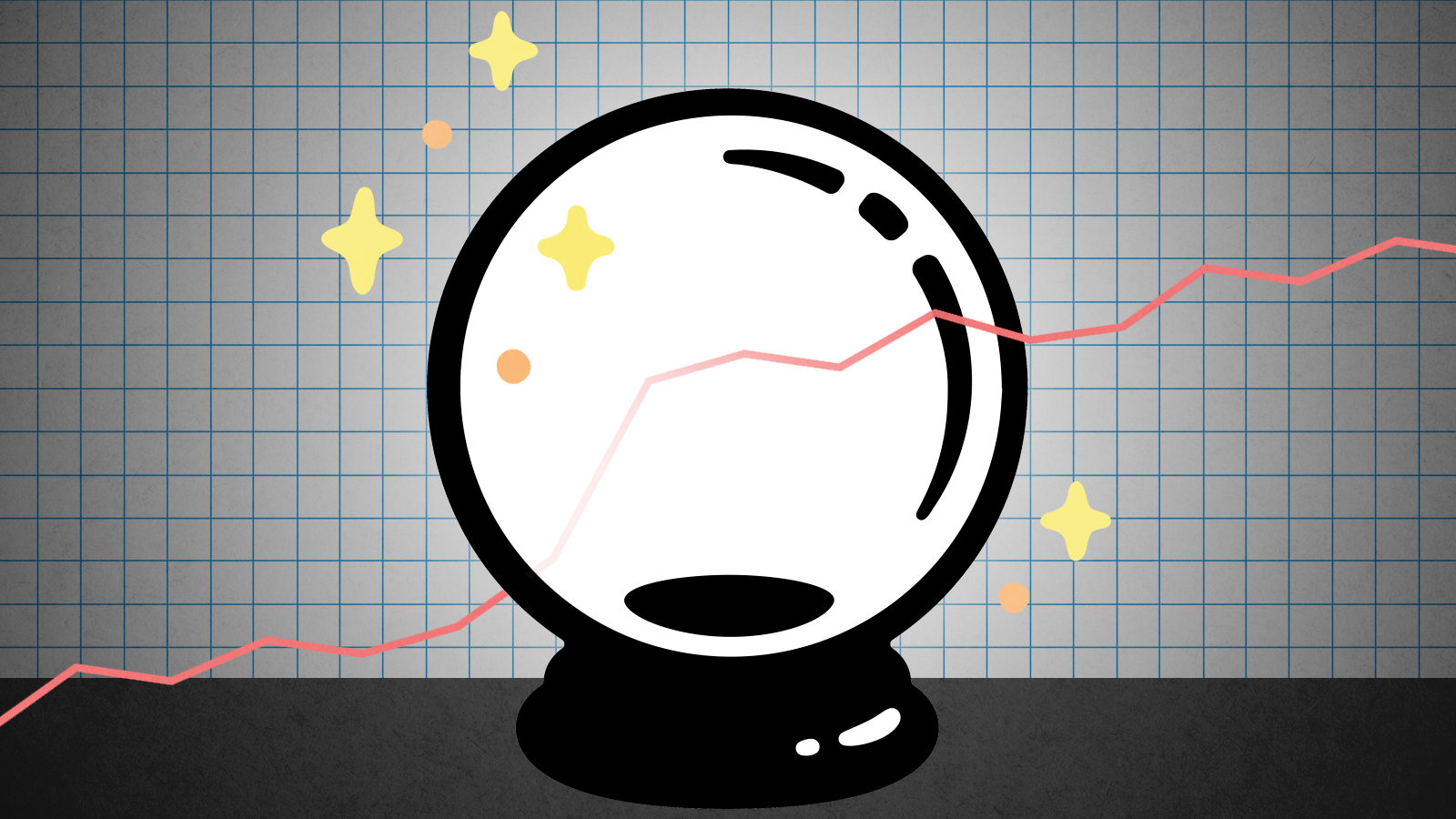 Where will inflation go next?
Where will inflation go next?The Explainer Believe it or not, inflation is easing up
-
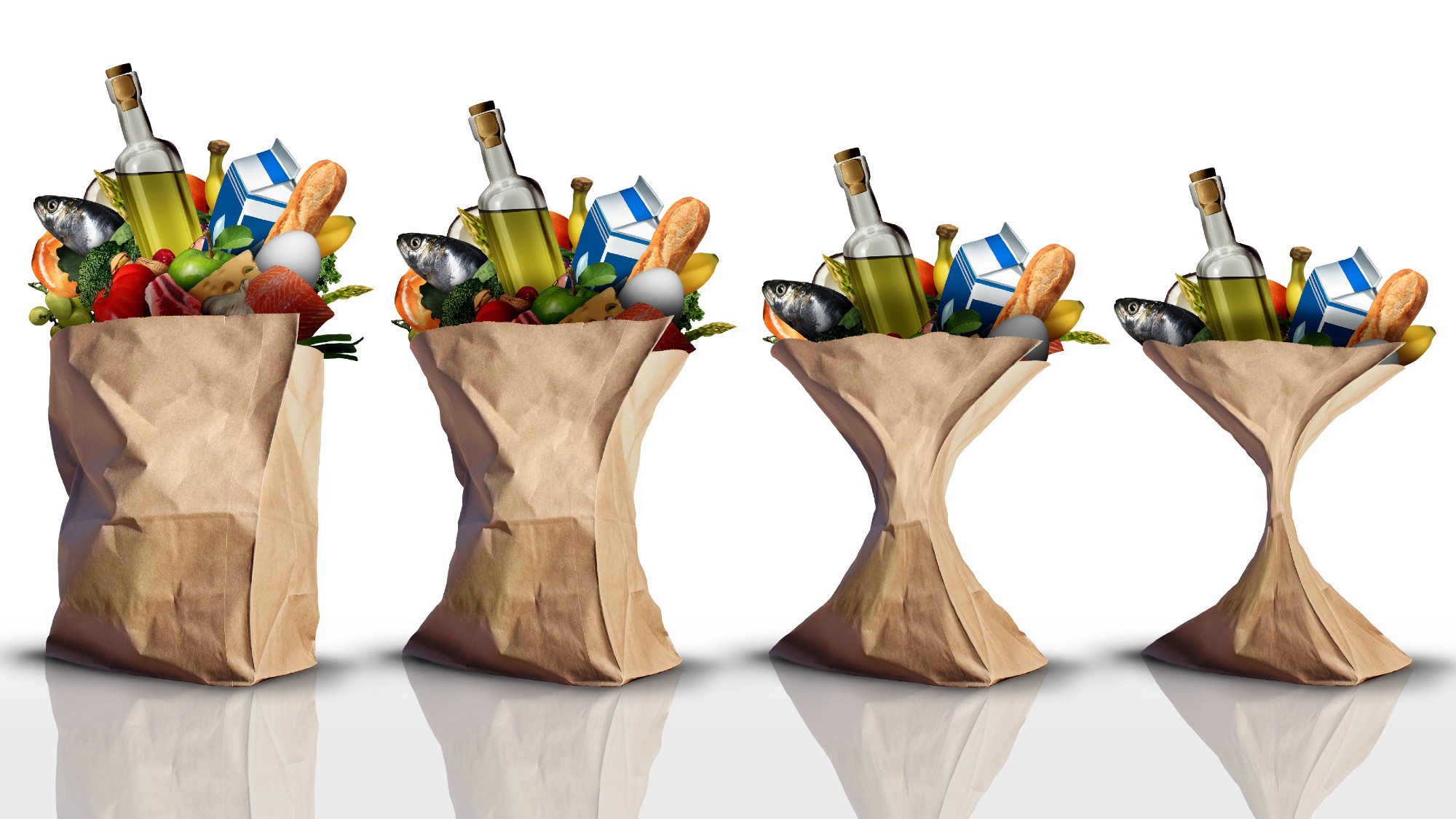 What is shrinkflation and why is it happening?
What is shrinkflation and why is it happening?The Explainer The practice reduces the size of a product without lowering the price — and it's perfectly legal
-
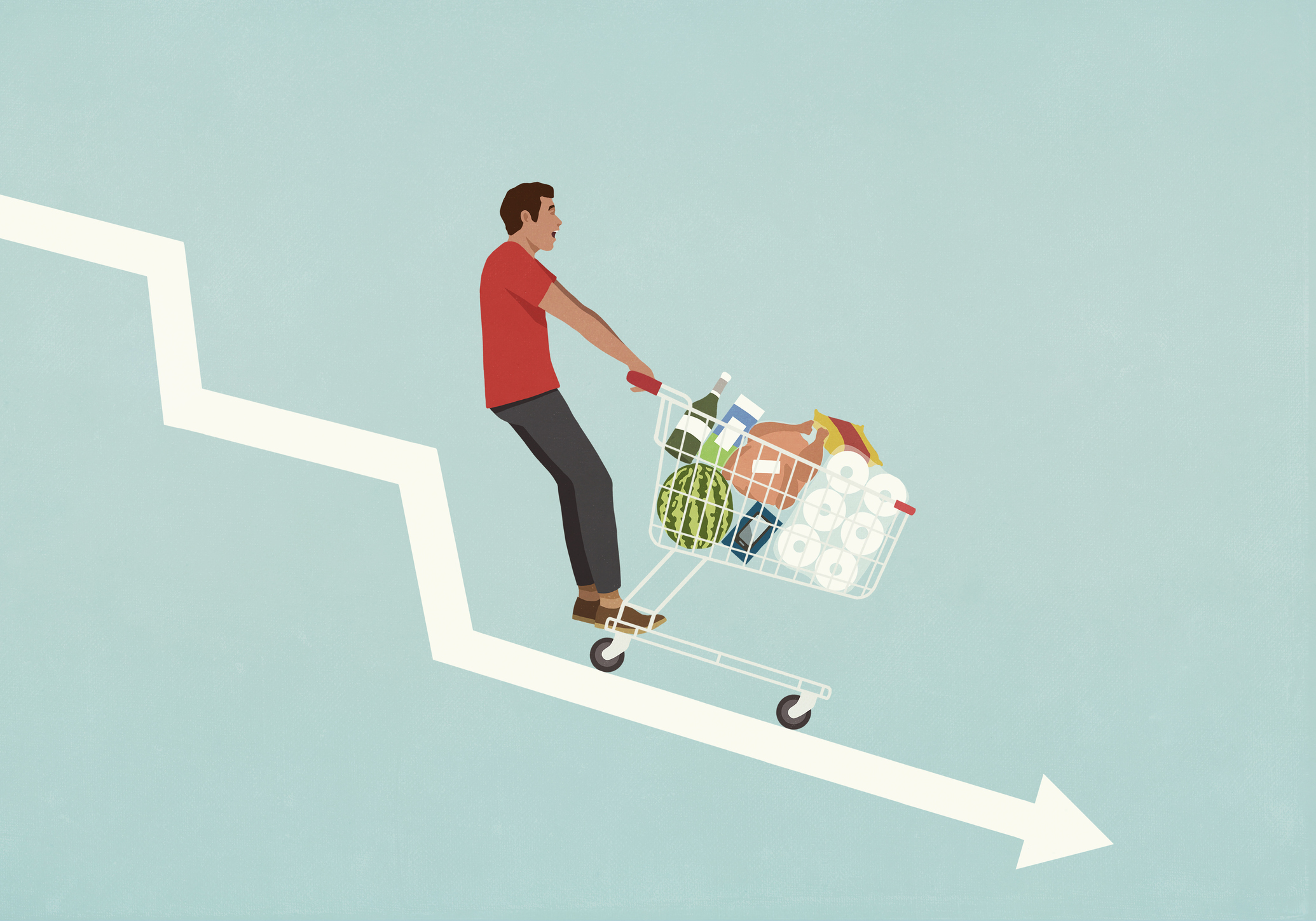 Prices are going down. Here's where you can see the difference.
Prices are going down. Here's where you can see the difference.The Explainer 'An era of price hikes is fading,' but that doesn't mean prices will all come down
-
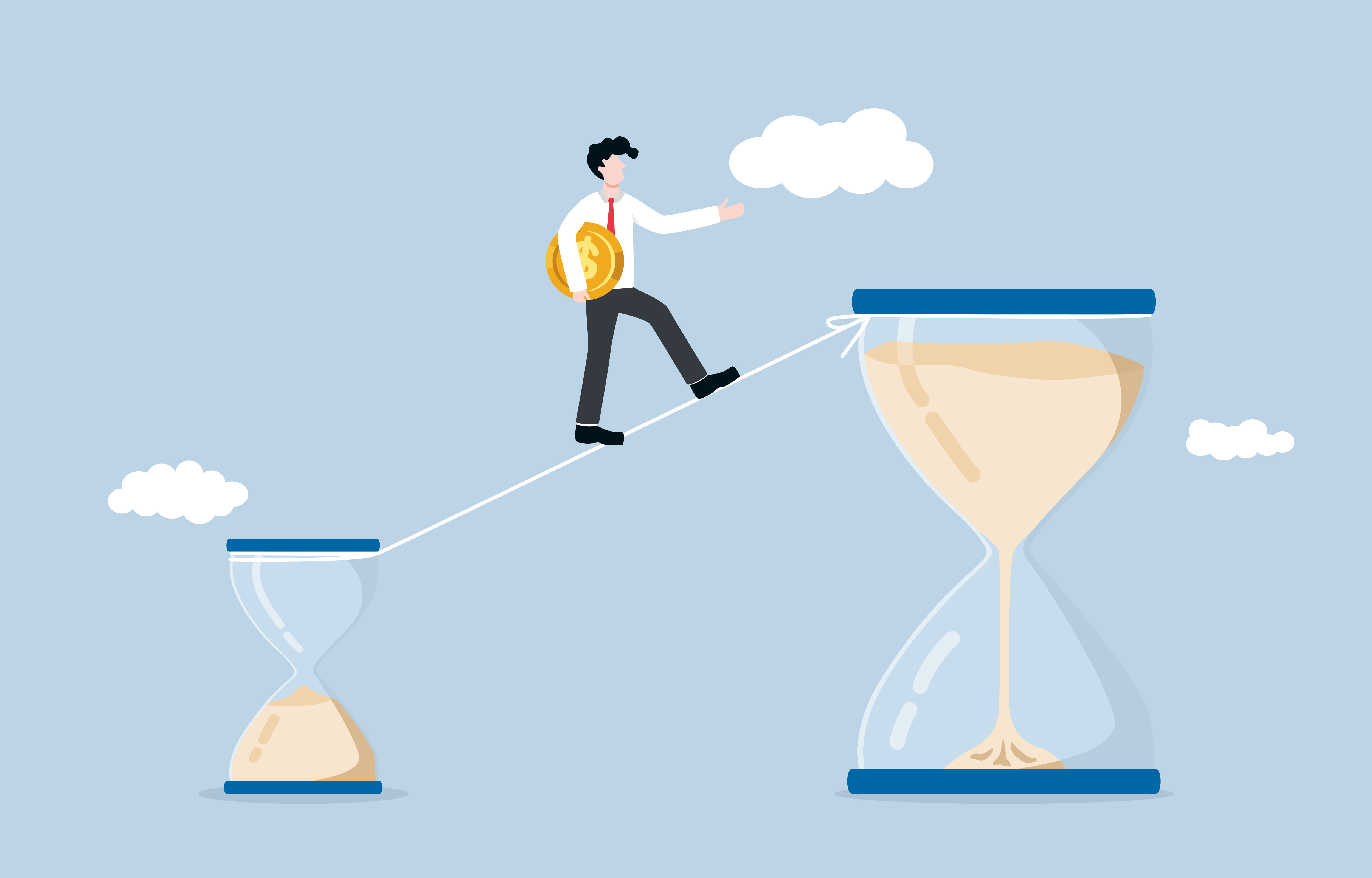 5 tips when retiring amid market volatility
5 tips when retiring amid market volatilityfeature In a turbulent market, diversification becomes especially important